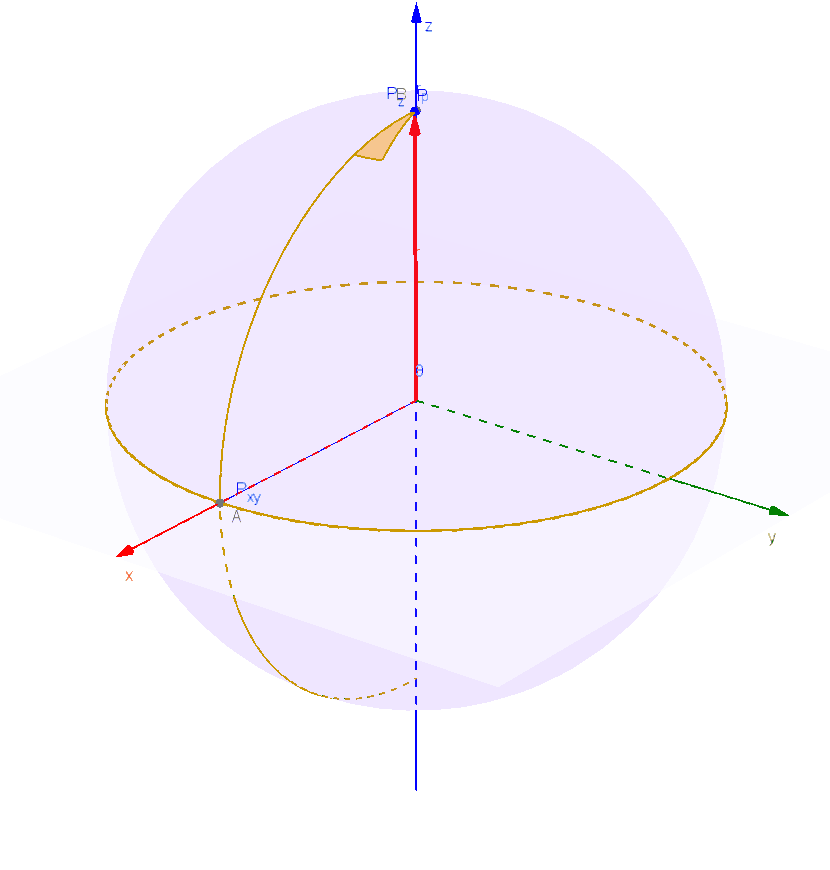Finite Mathematics - MATH101 (CBA)
This course introduces linear programming, probability, and financial mathematics. Items covered include systems of linear equations, matrices, systems of linear inequalities, simplex method, set and counting techniques, probability and probability models and mathematics of finance.
Calculus I - MATH111 (ENG, CCIS)
This course is designed to develop the topics of differential calculus. Emphasis is placed on limits, continuity, and derivatives of algebraic and transcendental functions of one variable. The goal of this course is developing the student’s geometric insight into the concepts of differentiation, and applying these concepts to problem-solving and “real world application”.
Calculus II - MATH113 (ENG, CCIS)
This course introduces the students to various topics such as the concept of antiderivatives, integrals (definite and indefinite), the fundamental theorem of calculus and applications of definite integrals to find the area, volume, arc’s length, and surface area. Furthermore, the course continues in covering the concepts of sequences, infinite series, and Power series.
Business Calculus - MATH211 (CBA-FINANCE)
The course covers useful calculus functions such as one variable limits and differentiation, applications of Heuristic treatment of the exponential and logarithmic functions, and their properties.
Engineering Mathematics - MATH215 (ENG)
This course has two parts-the first introduces the students to advanced topics in calculus such as such functions of several variables, double integrals, and their applications and triple integrals, the second part deals with elementary topics in linear algebra. Indeed, topics like Vectors in 2-Space and 3-Space, Vector spaces, Inner Produce Spaces and Eigenvalues, and Eigenvectors are considered.
Numerical Analysis - MATH221 (ENG-NETWORK, CCIS-ELECTIVE)
In this course, students will review and learn mathematical techniques necessary for success as an engineer, both in future coursework and on the job. Given the difficulty of solving more realistic engineering problems analytically, the emphasis will be on the understanding and use of computational algorithms. In the process, students will develop a strong working knowledge of software packages like Matlab, Maple, and Mathematica, which are integrated technical computing environments that combine numeric computation, advanced graphics and visualization, and a high-level programming language.
Linear Algebra - MATH223 (CCIS-ELECTIVE
The course examines the techniques of linear algebra and utilizes its tools. Topics and instruments include matrices, determinants, systems of linear equations, Euclidean vector spaces, real vector spaces, inner product spaces of linear equations, Euclidean vector spaces, real vector spaces, inner product spaces, eigenvalues and eigenvectors, linear transformation, applications.
Differential Equations - MATH225 (ENG)
This course introduces the students to various topics in ordinary differential equations. These topics include: techniques for solving first order differential equations such as linear equations, separable equations, exact equations and integrating factors; homogeneous and general second order linear equations; higher order linear equations; power series solutions; the Laplace transform and applications in science and engineering, Fourier series and its convergence theorem, Separation of Variables, Heat Equation, Wave Equation and Laplace equation.
General Chemistry - CHM101 (ENG-MC)
The course governs basic concepts and terminology in chemistry. Topics presented include: Matter and measurement, molecules and molecular compounds, ions and ionic compounds, nomenclature, chemical reaction types, stoichiometry, atomic and molecular weights, the mole concept, calculations with balanced chemical equations, limiting reactant, the periodic table, general properties of aqueous solutions, concentrations, acid base titration, reactions in aqueous solutions, energy and energy changes, introduction to thermodynamics, the gas laws, quantum numbers and electronic configuration, periodic properties, chemical bonding, intermolecular forces, chemical kinetics and introduction to organic chemistry.
Introduction To Physical Science - SCI101 (CCIS, CBA)
The course is a broad survey of physics and chemistry. It is designed to enable students to appreciate the role of science in today's society and technology. The fundamental components of space, time, matter and energy along with scientific methods are explored. Applications of these concepts are highlighted in both understanding natural phenomenon and working of daily life devices made using these principles.
Physics I - PHY105 (ENG, CCIS)
This course introduces the principles of mechanics, energy, and heat. The course covers physics and measurements, motion in one dimension, vectors, motion in two dimensions, laws of motion, circular motion and other applications of Newton's laws, work, and energy, potential energy, and conservation of energy, temperature, and heat. The emphasis in this course is cultivating an understanding of natural phenomena through direct observation, reasoning, and application of this knowledge.
Physics II - PHY205 (ENG, CCIS)
This course goes deeper into a number of areas of physics. Topics include the electric field, electrostatic forces, Gauss's law, electric potential, capacitors and dielectrics, current and resistance, direct current circuits, magnetic fields, sources of magnetic fields, magneto-static forces, induction, Faraday’s law, introduction to alternating current circuits, geometrical optics, and optical instruments.
Introduction To Statistics And Probability Theory - STAT101 (ENG, CCIS, CBA)
The course introduces a range of statistical concepts and techniques. Estimations of statistical distributions such as mean, variance, and their applications are examined. Also covered are random variables, frequency distributions, descriptive stats, discrete probability, and probability theory.
Statistical Analysis - STAT271 (CBA)
This course is the intermediate course of Statistics for business students. The course is designed to expose the students to the use statistical towards estimation and inference about the population parameters from sample data. To perform statistical analyses using statistical software and interpret the results of statistical analyses. Statistical data analysis for business students for decision-making purposes. Includes an examination of summary measures, probability, random variables, and their distributions. Presents estimation and hypothesis testing, and correlation.
Applied Statistics - STAT272 (ENG)
The course teaches how statistical techniques can be used to solve engineering problems. The course covers principles of engineering data collection; principles of experimentation; confidence intervals and significance tests; one-, two-, and multi-sample studies and regression analysis. Students employ statistical software (e.g. R, Excel) to perform statistical data analysis and experiments and work on team projects involving engineering experimentation and data analysis.

